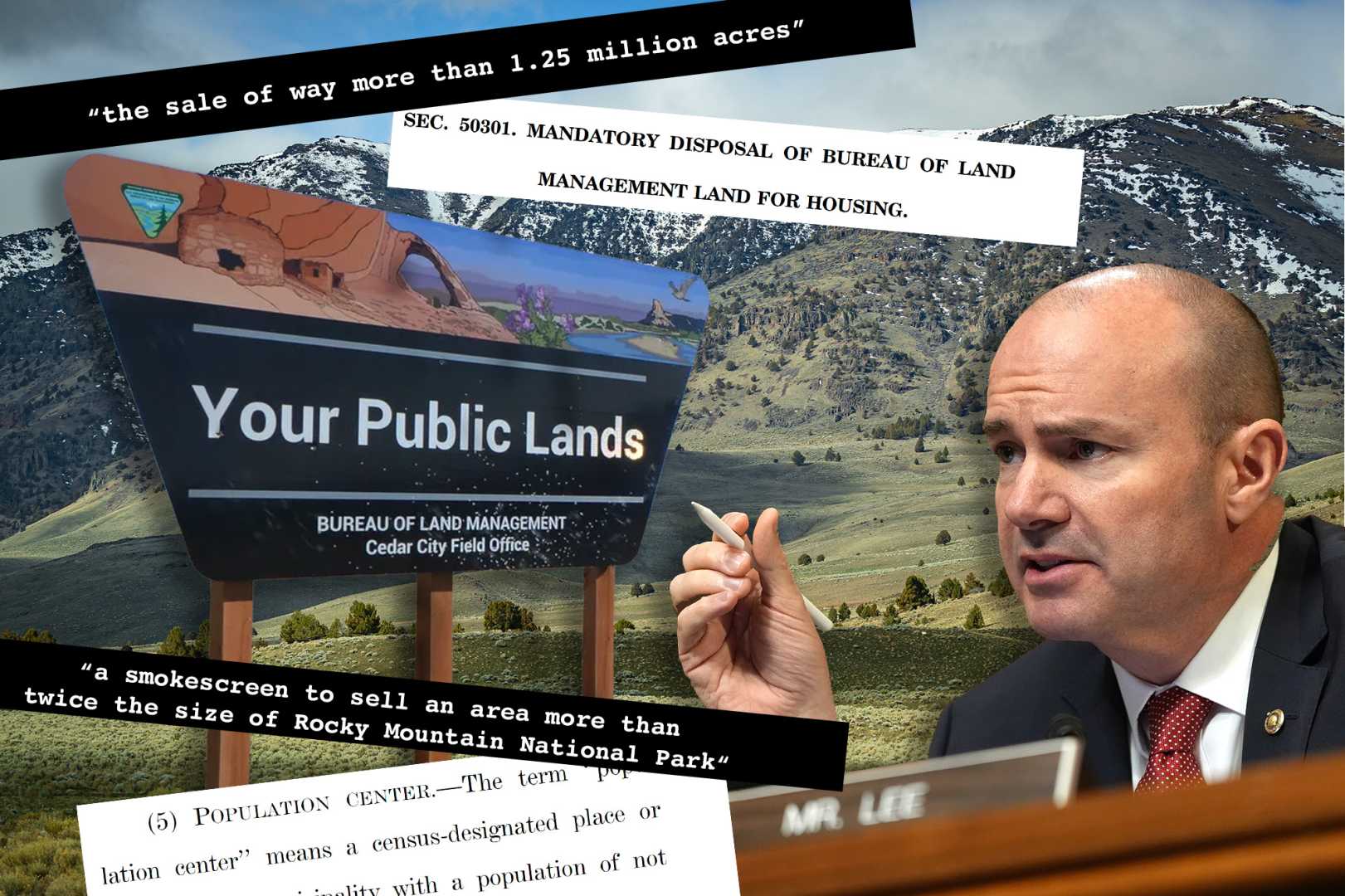Politics
Senator Mike Lee Withdraws Controversial Land Sale Proposal

WASHINGTON, D.C. — Facing intense backlash from fellow Republican senators and environmental advocates, Senator Mike Lee (R-Utah) has withdrawn his proposal to sell millions of acres of public land as part of a larger budget agreement. The announcement came on Monday night and represents a significant victory for conservation efforts.
Lee’s initial plan aimed to sell federal lands to help offset budget deficits but faced overwhelming opposition. Many criticized the proposal, which would have offered up to 1.5 percent of Bureau of Land Management and Forest Service lands for sale while excluding national monuments and wilderness areas.
Before officially withdrawing the provision, Lee indicated he would modify his proposal to address critics, suggesting he would focus on lands near population centers and remove sales on Forest Service lands. However, this did little to appease his detractors. Environmental advocates, hunters, and even some Republicans voiced strong concerns about the idea, fearing it could set a dangerous precedent.
“We’re trying to show every relevant senator and the president that this is really unpopular with conservatives,” said Benji Backer, a conservative environmental advocate. “There’s a lot of Republicans who feel like this is overshadowing the president’s agenda.”
As criticism grew, four GOP senators publicly opposed the plan, stating the proposed land sales would not align with the values of their constituents, particularly those from states with significant public land areas like Montana and Idaho. Senator Steve Daines (R-Mont.) noted, “I oppose it. The way it’s written right now, it’s not going to pass.”
Lee’s proposal aimed for swift budget passage using budget reconciliation, a process that allows certain bills to be expedited, but without broader support across party lines, it became increasingly untenable. On Monday evening, Lee indicated that the tight budget constraints led to his decision to withdraw the land sale provision, stating his inability to guarantee that sales would only benefit American families.
Public response to Lee’s withdrawal has been largely positive among conservationists and outdoor recreation advocates. Groups like Backcountry Hunters and Anglers characterized the decision as a communal victory, crediting the collective advocacy efforts that successfully pushed for the proposal’s removal.
“Thank you to everyone who called, emailed, rallied, and refused to back down. Because of you, our public lands are still in public hands,” the organization posted on social media.
Despite this setback, Lee suggested that he would continue to push policies that aim to utilize underutilized federal lands, vowing to pursue initiatives that could benefit American families, farmers, and ranchers.
As the discussion continues about the future of public lands, Lee’s withdrawal has reinvigorated calls for vigilance against similar proposals in the future.












